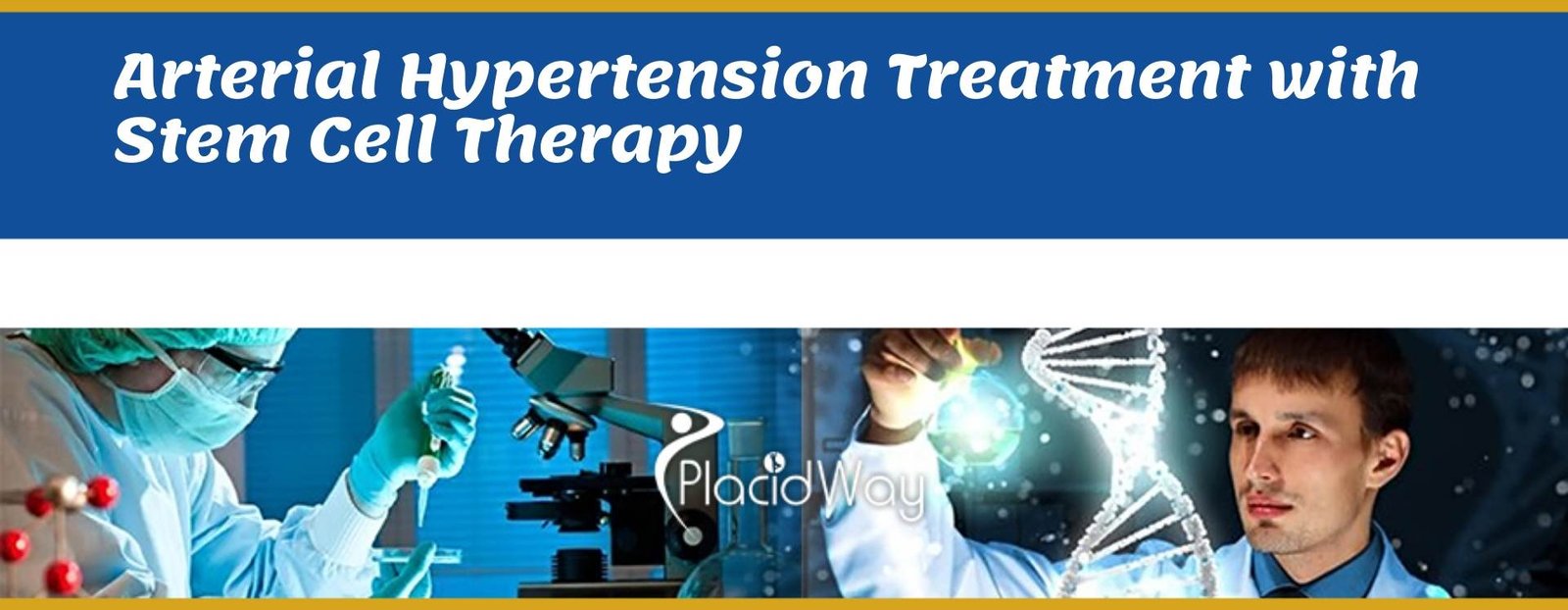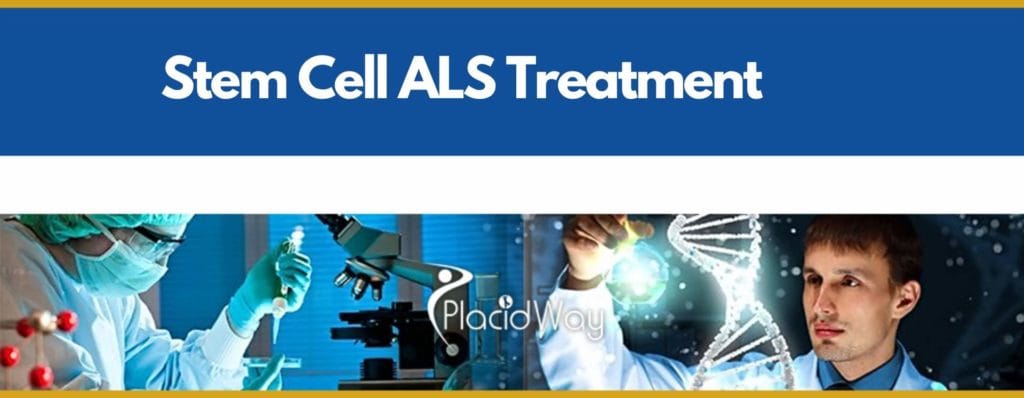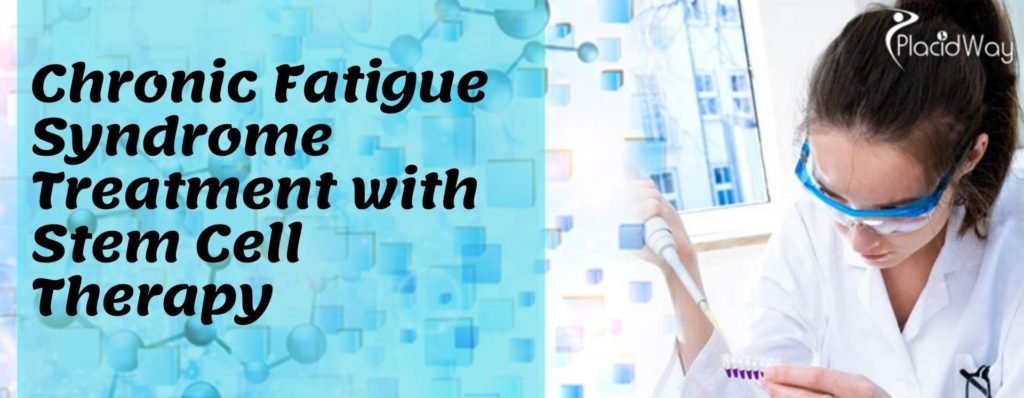Regenerative Medicine for Arterial Hypertension
Table of Content
For many with arterial hypertension, treating the condition can require a range of medications and lifestyle modifications that can be difficult to maintain. But thanks to medical advancements, there are now new forms of treatments available such as regenerative medicine which offer promise for an improved quality of life. This blog post looks at how regenerative medicine plays a role in arterial hypertension treatment and what potential benefits it may bring for patients who choose this option.
What is Arterial Hypertension?
One of the common reasons that cause high blood pressure is Hypertension or in most cases, it is called Arterial Hypertension. There is another name given to this condition, which is a silent disease. The reason why hypertension is known as a silent disease is because most individuals do not experience any such symptoms that can be recognized easily. Until the damage is done to the cardiac health or blood vessels, it is very difficult to determine the symptoms.
Common Treatments of Arterial Hypertension
Different types of medicines such as ACE inhibitors, beta-blockers, calcium channel blockers and diuretics are involved in the treatment of arterial hypertension in most cases. However, various stem cell research centers are conducting studies on the efficiency of stem cell therapy for arterial hypertension treatment. According to research, stem cell treatments may help in reversing or reducing hypertension symptoms.
How Stem Cell Helps in Arterial Hypertension Treatment?
Stem cell therapy is often used as an alternative or complementary treatment for arterial hypertension. This type of therapy involves the use of adult stem cells, which are harvested from the patient’s own body, to replace damaged cells and tissue in the heart and arteries that have been damaged by high blood pressure. Stem cells are capable of forming new, healthy cells and tissue, which can help to restore normal functioning of the cardiovascular system.
Stem cell therapy for arterial hypertension has been found to be effective in reducing the risk of stroke and heart attack, improving blood pressure levels, and reducing symptoms such as fatigue, dizziness, chest pain, and shortness of breath. It can also help to reduce the risk of developing other cardiovascular diseases and complications, such as kidney disease, coronary artery disease, and congestive heart failure.
Benefits of Embryonic Stem Cells for Hypertension
Using embryonic stem cell treatments for hypertension may have a positive impact on
- Blood pressure reduction
- Blood pressure stabilization
- Frequency of headaches
It may also lead to
- Enhanced mental capacity and abilities
- Rejuvenation
- Sexual potency and performance
Stem cell therapy for arterial hypertension has been found to be effective in reducing the risk of stroke and heart attack, improving blood pressure levels, and reducing symptoms such as fatigue, dizziness, chest pain, and shortness of breath. It can also help to reduce the risk of developing other cardiovascular diseases and complications, such as kidney disease, coronary artery disease, and congestive heart failure.
Arterial Hypertension Treatment with Stem Cell Therapy is Rising Globally
There are several research stem cell centers and facilities in Americas, Europe and Asia that are performing stem cell therapies to improve heart function. Studies performed in the Netherlands have shown that allogenic stem cell therapies improved function of the right ventricular portion of the heart as well as lung capacity in small animals with pulmonary hypertension.
Embryonic stem cells have the ability to differentiate or become any type of cell in the human body, offering unique opportunities to replace damaged cells and tissues in the human body. Replacing damaged cells with healthy cells is the foundation of stem cell transplantation and implantation therapies and treatment studies.
Researchers believe that some types of stem cells found in the body may contribute to the thickening of blood vessels, leading to various types of hypertensions, including pulmonary hypertension. Other researchers believe that embryonic or other progenitor stem cells have the capability of repairing damaged blood vessels and tissues, restoring normal blood flow throughout the body and to the lungs.
Healthy stem cells are cultivated in a laboratory environment and then injected or transfused into a person suffering from arterial or pulmonary hypertension. While the technology is still very new, it is an area of intense and concentrated research in stem cell research facilities around the world.
FAQs about Regenerative Medicine for Arterial Hypertension Treatment
Who is a candidate for regenerative medicine therapy for arterial hypertension treatment?
Patients with arterial hypertension who are looking for an alternative to traditional medication-based treatment may be candidates for regenerative medicine therapy. Patients should discuss their options with a medical specialist and consider the risks, potential benefits, and other available treatments before deciding whether regenerative medicine is right for them.
How long will the results of regenerative medicine therapy last for arterial hypertension treatment?
The effects of regenerative medicine therapy can vary depending on each patient’s unique case. Generally, the therapeutic effects may last for up to 6 months or longer with multiple treatments. However, there are no guarantees that the benefits of regenerative medicine
Are there any risks or side effects associated with regenerative medicine therapy for arterial hypertension treatment?
As with any medical procedure, there is a risk of side effects and complications. Patients should discuss the risks and potential benefits of regenerative medicine therapy for arterial hypertension treatment with their doctor before undergoing the procedure. Possible side effects may include pain or discomfort in the treated area, local swelling, infection, allergic reactions, and temporary nerve damage.
How much will it cost to undergo regenerative medicine therapy for arterial hypertension treatment ?
The cost of regenerative medicine therapy for arterial hypertension treatment will vary depending on the specific procedure being used and the location in which it is performed. Generally, regenerative medicine treatments are not covered by insurance, so patients should discuss payment options with their doctor prior to undergoing any treatments.
For more details about Arterial Hypertension stem cell treatment, click below:







